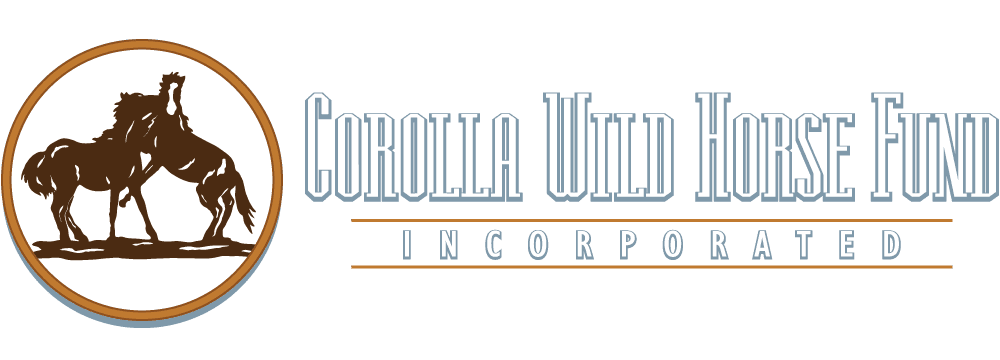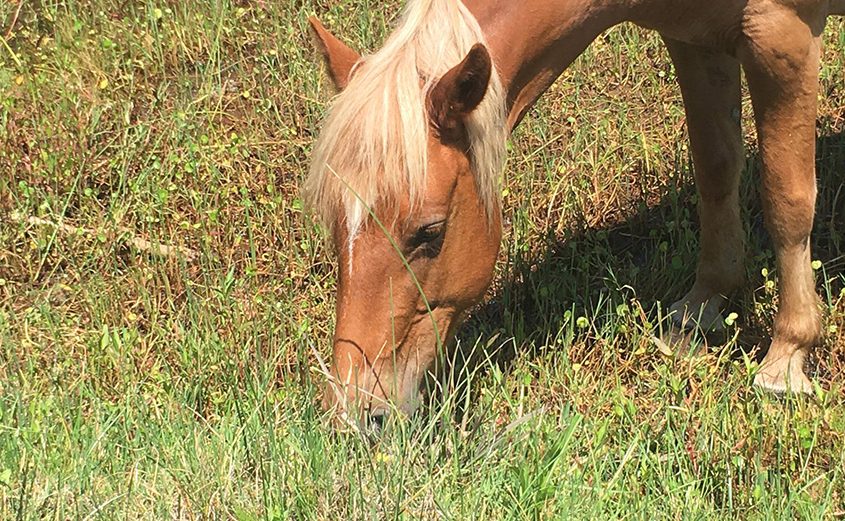Plants Safe for Horses
One of the most common questions we get from property owners is “what can I plant that is safe for the horses?”
The simple answer is – go native! Native plants are always the best choice for our fragile environment. The North Carolina Native Plant Society has a wonderful resource for this: https://ncwildflower.org/recommended-native-species/ By planting native species you are helping our local wildlife, from deer and horses to pollinators like bees and bats. Native plants are also more guaranteed to thrive in the harsh conditions on the Outer Banks, and help with soil conservation and ground water management.
If you’d like to go a step further and make sure that your yard is horse-friendly, here is a list of native plants you might find in our area that are dangerous to horses: https://onslow.ces.ncsu.edu/2018/05/plants-weeds-toxic-to-horses/ Note that not all of them are deadly, and many of them grow naturally anyway but aren’t really a threat to horses since they rarely eat them. The one native tree that we ask people to avoid planting is red maple – we have lost horses to red maple poisoning in the past.
One thing to always avoid – oleander. There is oleander all over the Outer Banks, but it is not native and it is highly toxic to both animals and people. There are lots of native shrubs that grow just as well here that aren’t harmful!
As for grass, you can’t go wrong with a local pasture mix. At the farm on the mainland we’ve had good luck with Kentucky 31; it grows well, is hardy, and safe for the horses. Make sure the seed you get is endophyte-free. Tall fescue grass can be infected by an endophyte fungus that is highly toxic and will cause pregnant mares to abort. Ryegrass is ok for horses in moderation but it does contain high levels of sugar and can cause health issues in horses predisposed to laminitis and metabolic issues. Clover can cause a condition called slobbers (excessive drooling) and is also high in sugar and protein; we’ve found that the wild horses don’t really like it that much anyway. Keep in mind that while this grass is generally safe for the horses, not all of it is native to our environment.
Thank you for helping us make sure the horses stay safe, and continue to thrive in their habitat!



